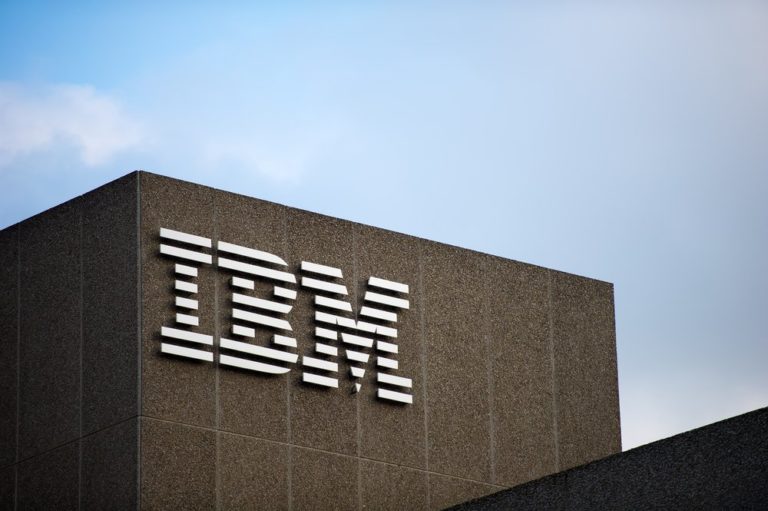OpenPower, a subsidiary of IBM, has announced that the instruction set of OpenPower processors will become open source. This means that you no longer need to purchase a license from IBM to use the set.
According to SiliconAngle, the instruction set is used in two of the fastest supercomputers in the world. Instruction sets convert code into software for physical activity in processors and the corresponding electrical circuit. The fact that the instruction set is now open source means that developers can build OpenPower functions into their processors without incurring additional costs. The instruction set can now also be adapted and expanded as required. This can be useful, for example, if an adjustment is required for running certain applications.
The blog post shows that IBM is also releasing a number of resources to facilitate the adoption of the instruction set. This includes a manual for using the instruction set in non-OpenPower chips. It also explains how to use the OpenCAPI and Open Memory Interface protocols. These protocols are used to connect a CPU to memory.
Physical properties not open source
The processor architecture of the OpenPower chips does not become open source. The Power9, the most recent CPU in the series, has 8 billion transistors and up to 24 cores. These are used, among other things, in the Summit and Sierra systems of the US Department of Energy. These are considered to be the two most powerful supercomputers in the world.
The OpenPower Foundation welcomed the release of the instruction set. They say it’s a blessing for the open source community. “By moving the POWER ISA to an open model (…) and making it available to the growing open technical communities, we will accelerate the growth of innovation in open hardware and software,” says Hugh Blemings, director of OpenPower.
IBM is also transferring OpenPower to the Linux Foundation. As this is one of the largest open source organisations, it could help to promote adoption in the long term. The OpenPower group is also supported by other tech companies, including giants like Google.
This news article was automatically translated from Dutch to give Techzine.eu a head start. All news articles after September 1, 2019 are written in native English and NOT translated. All our background stories are written in native English as well. For more information read our launch article.